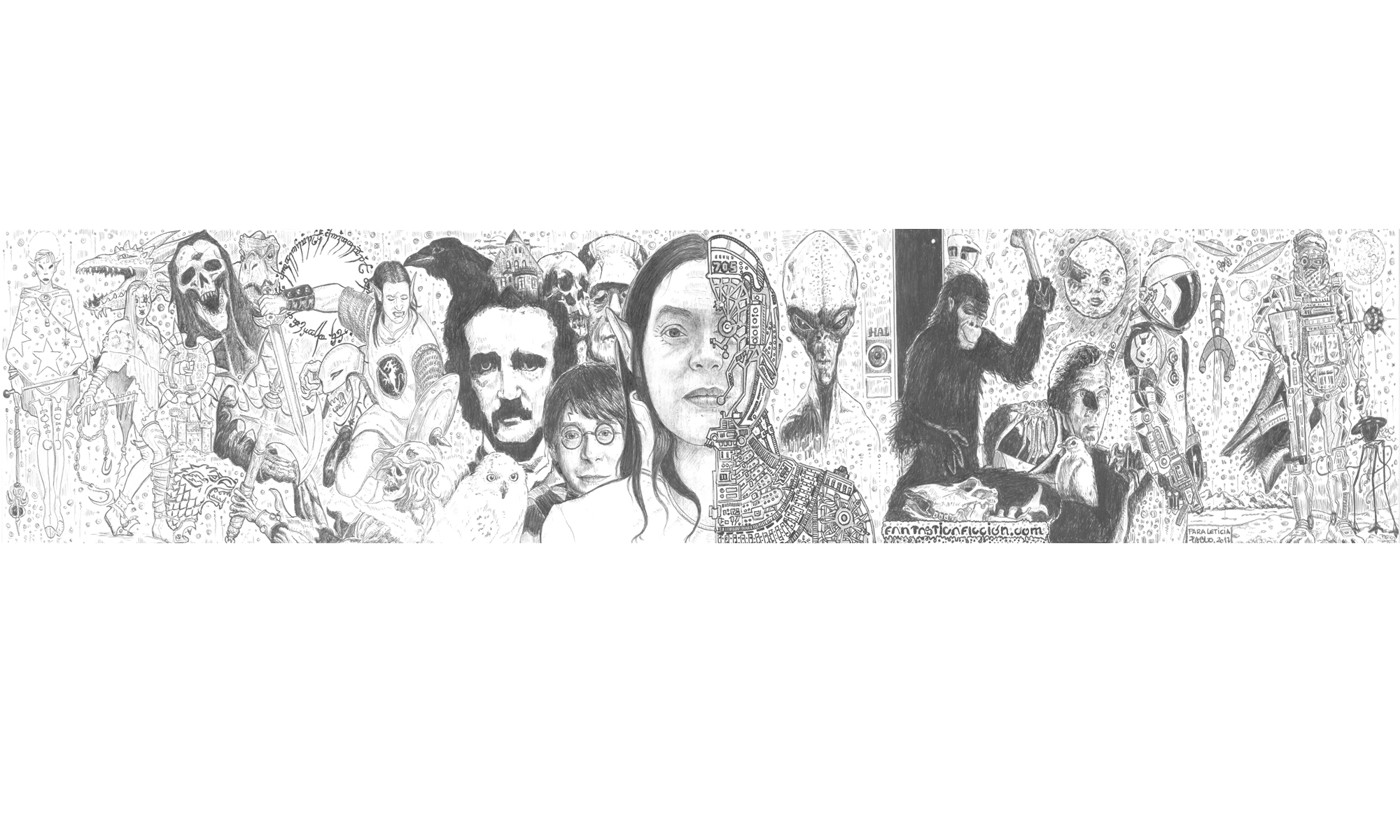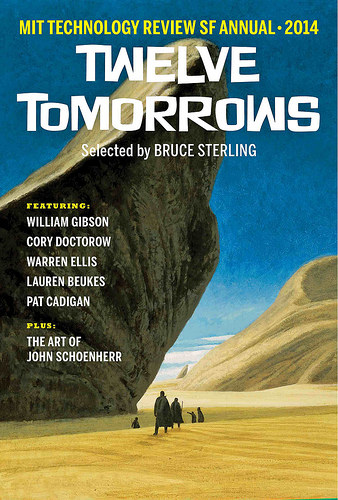Justo ayer se dio a conocer el nombramiento de William Gibson como nuevo Gran Maestro de la Ciencia Ficción, uniéndose a nombres tan ilustres como Isaac Asimov o Ursula K. Leguin.
El autor de una obra fundacional como es Neuromante recibirá su merecido galardón en la conferencia de los Nébulas, que tendrá lugar en Los Ángeles, entre el 16 y el 19 de mayo.
Estas son las palabras de la presidenta de la SFWA, Cat Rambo:
William Gibson coined the word cyberspace in his story “Burning Chrome,” expanding on that concept two years later in the novel Neuromancer. He forged a body of work that has played a major part in the coalescing of the cyberpunk movement, influencing dozens of writers of cinema, fiction, and games, among other creatives. Not content to be one of the definitive writers in only one subgenre, he then went on to help engender steampunk with Bruce Sterling in their collaborative work, The Difference Engine. Gibson continues to produce taut, evocative works that reflect the despair and hope of the 21st century. To be a SFWA Grand Master is to be a speculative fiction writer that has shaped the genre and make it what it is today. Gibson fills that role abundantly.
Aquí mi traducción:
William Gibson acuñó el termino ciberespacio en su relato “Quemando cromo” y luego lo expandió dos años después en su novela Neuromante. Ha creado una obra que jugó un papel fundamental en el movimiento cyberpunk, influyendo a docenas de escritores de cine, ficción y juegos además de a otros creativos. No contento con ser uno de los escritores definitorios de un subgénero, también ayudó a la creación del steampunk en colaboración con Bruce Sterling en su obra The Difference Engine. Gibson continúa creando trabajos provocadores y firmes que reflejan la pérdida de la esperanza en el siglo XXI. Ser un Gran Master de la Ciencia Ficción es ser un escritor de ficción especulativa que haya dado forma al género y lo haya conformado tal y como es hoy en día. Gibson cumple este papel perfectamente.

